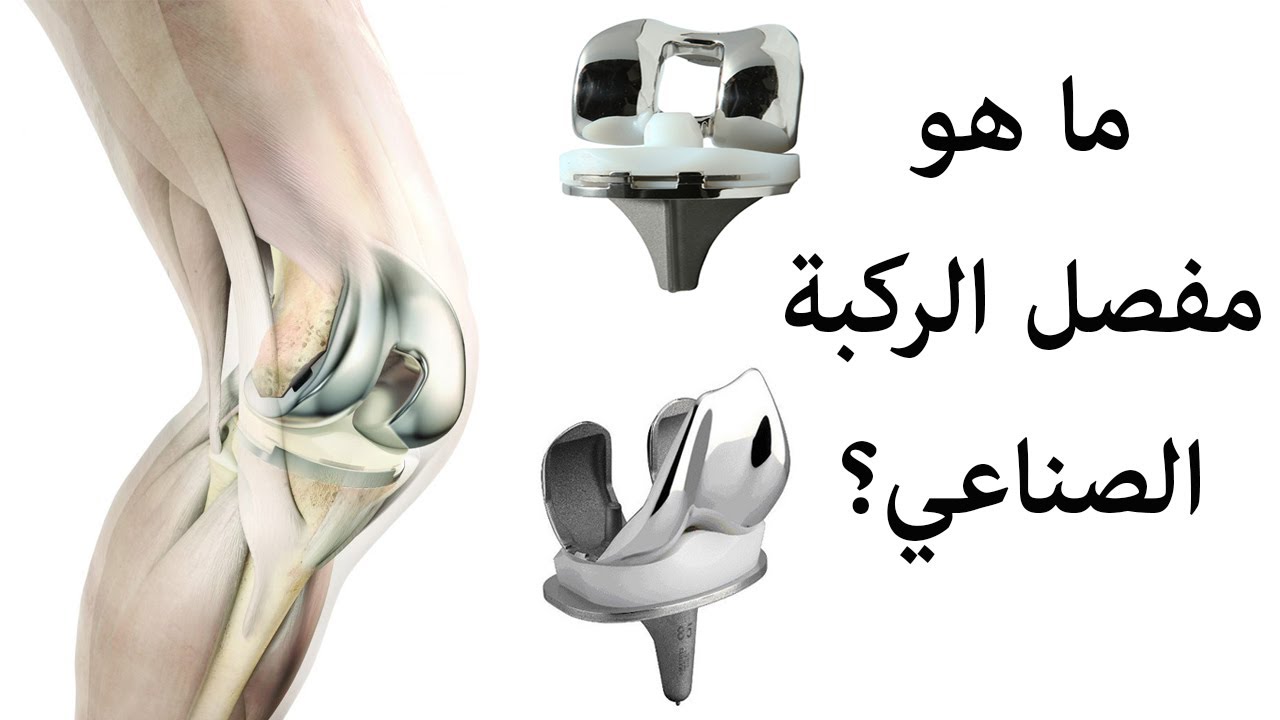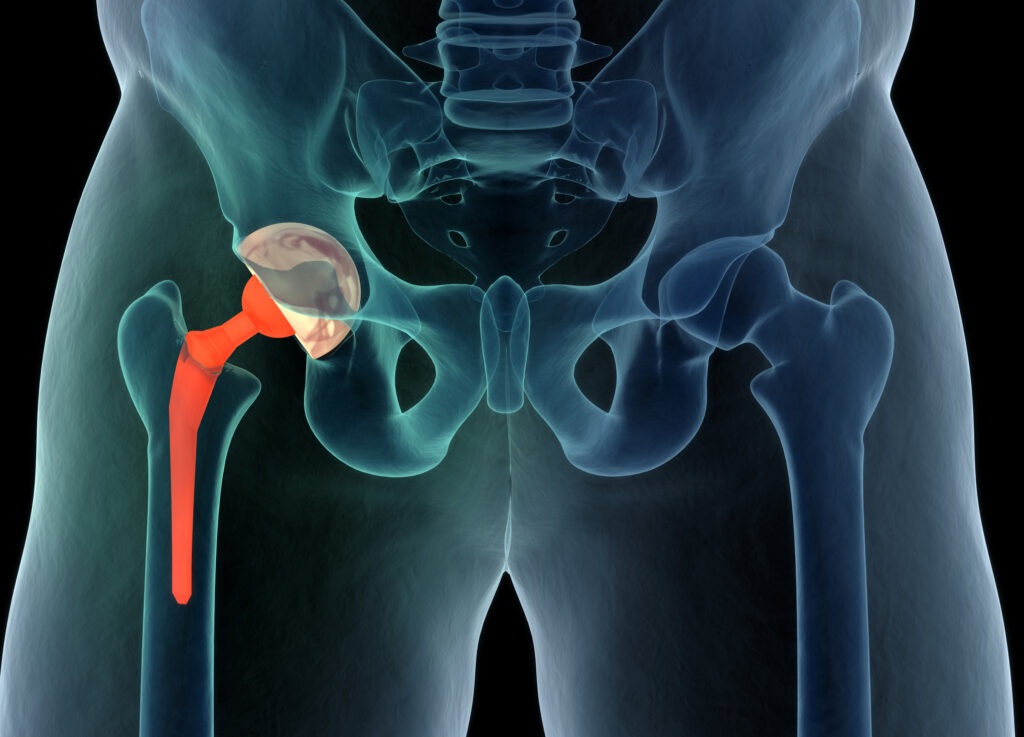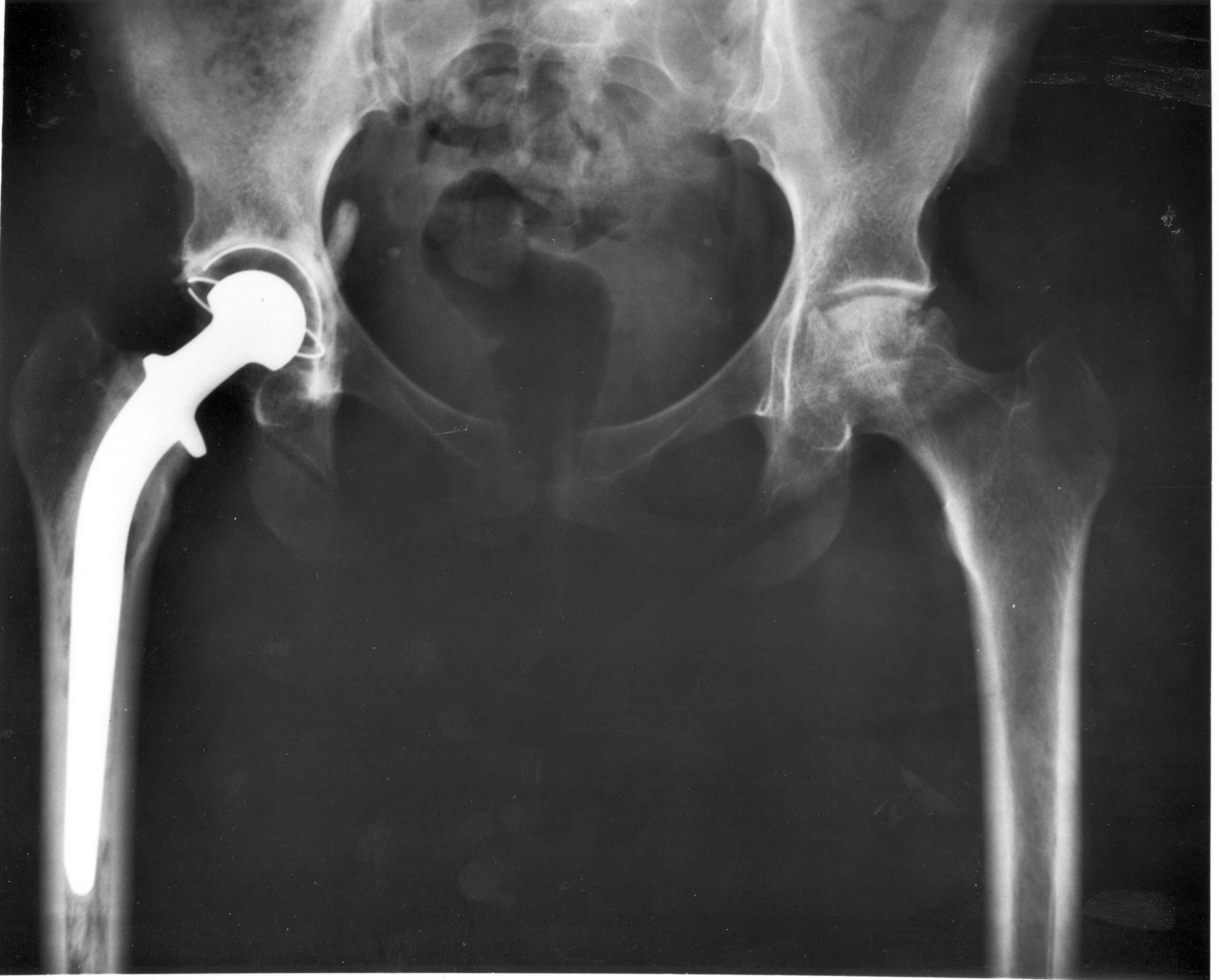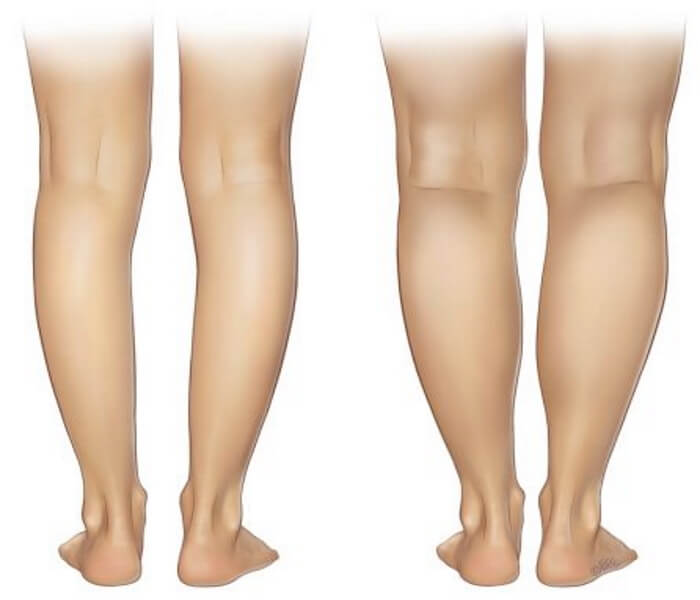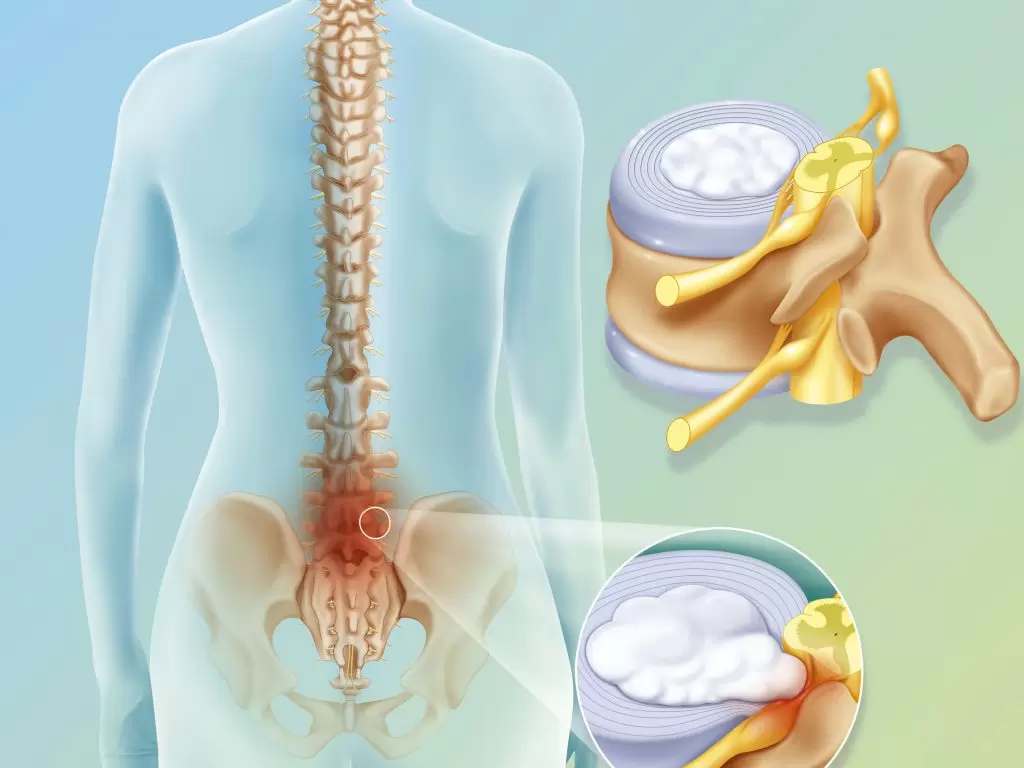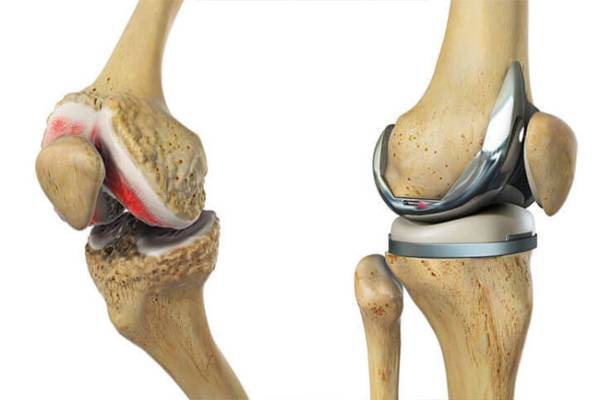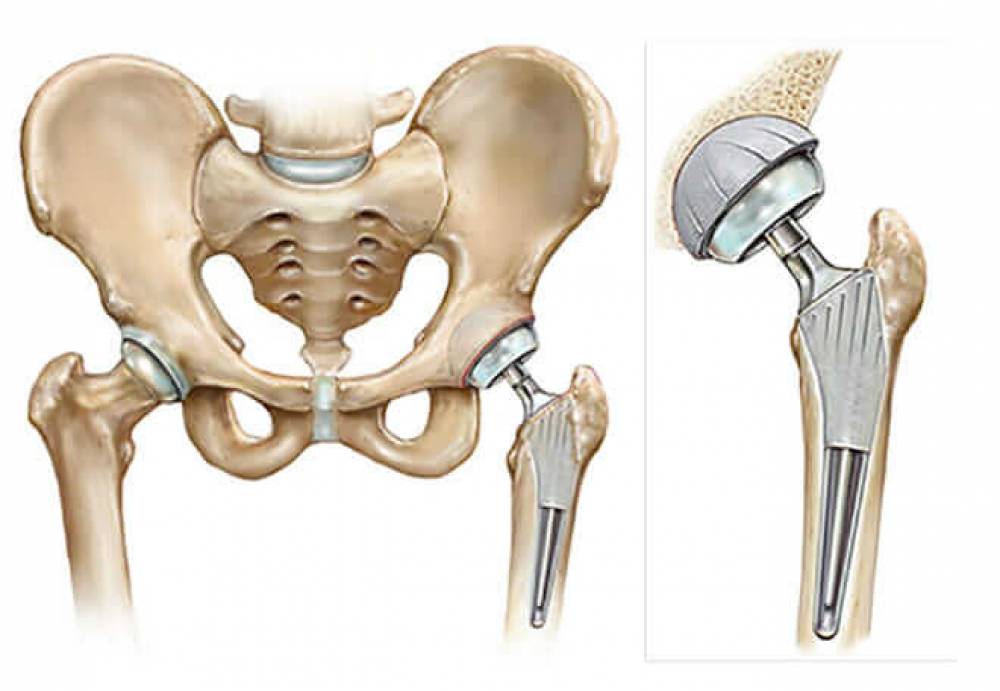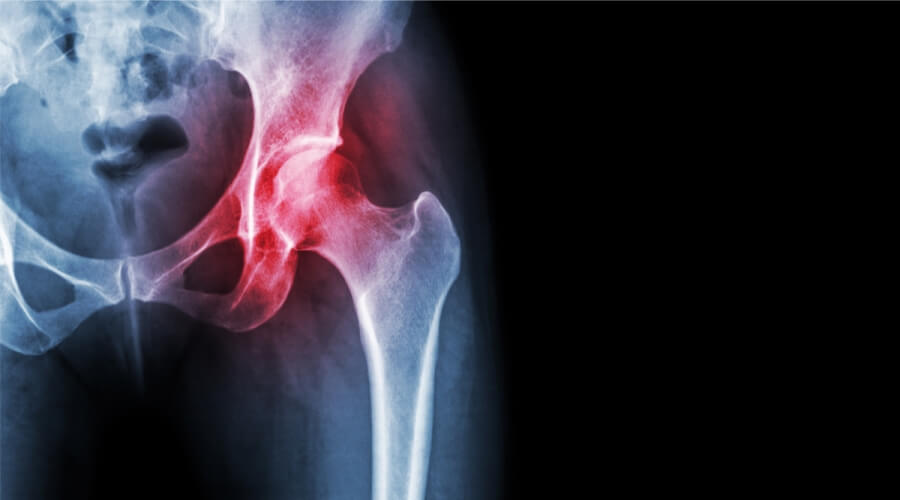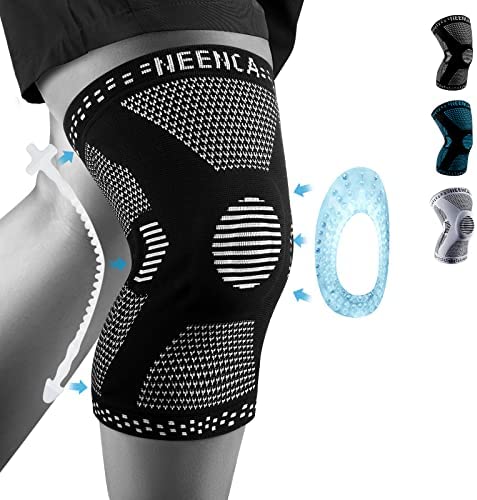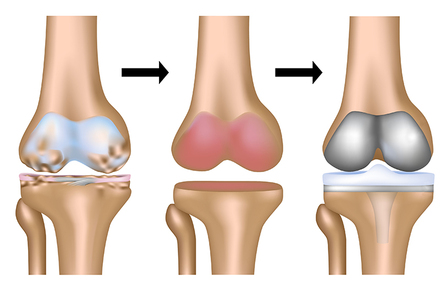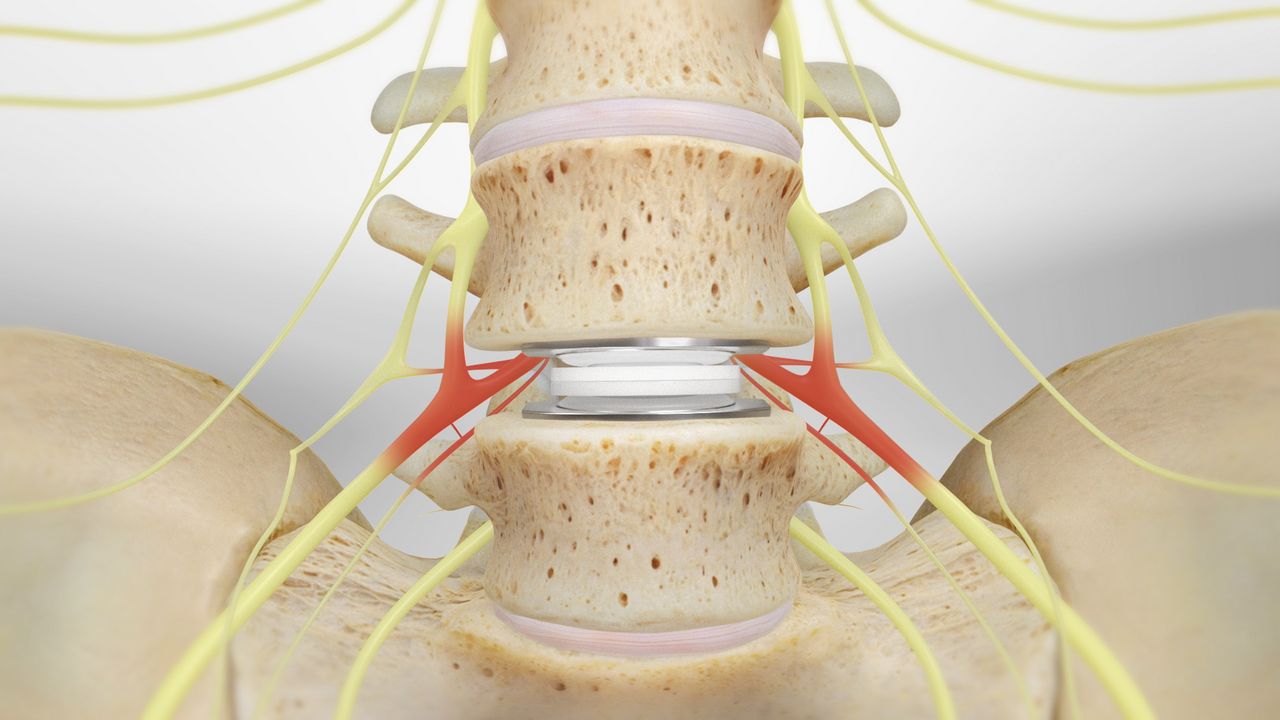Learn about the symptoms of shoulder blade muscle inflammation and who is the best doctor to treat shoulder tendons?

Symptoms of Shoulder Blade Muscle Inflammation
Inflammation of the shoulder blade muscle is a common condition that affects many people. It causes pain and stiffness in this area of the body. If you are experiencing pain in the back of the shoulder joint, you may be suffering from this condition. There are many symptoms of this disease. In this article, we review a number of these symptoms.
Shoulder Pain and Stiffness: Shoulder pain and stiffness are one of the most important symptoms of shoulder blade muscle inflammation. The pain can be sharp or chronic and can reduce a person’s ability to move the shoulder freely. It may also be accompanied by a feeling of tension and muscle spasms.
Muscle Weakness: Many patients suffer from weakness in the shoulder muscles affected by inflammation. This weakness can lead to difficulty in performing daily activities that require lifting heavy objects or moving the arm forcefully.
Pain During Movement: It is noted that the pain increases during the attempt to make certain movements, such as raising the arms up or rotating. This may be accompanied by a sound in the person suffering from shoulder blade muscle inflammation.
Difficulty Sleeping: Shoulder pain can affect the quality of sleep for the affected person. They may feel severe pain while lying on the affected shoulder side, making sleep difficult and exhausting.
Muscle Deviation: In some severe cases, inflammation of the shoulder blade muscle can lead to deviation of the shoulder from its normal position. This can occur due to unbalanced muscular and joint interactions, leading to the shoulder leaning forward or backward.
If you are experiencing any of these symptoms, it is advised to contact a doctor to diagnose your condition and get the appropriate treatment. Treatment may include muscle strengthening exercises, physical therapy sessions, or in some severe cases, surgery may be necessary.
How Do I Get Rid of Shoulder Blade Pain?
If you have shoulder pain, you are likely to feel exhausted and stressed in your daily life. It is painful to suffer from continuous pain for long periods, as it can affect the quality of your life and your ability to perform daily activities comfortably and easily.
Fortunately, there are several steps you can take to get rid of shoulder blade pain and improve your condition. Here are some tips that might help you:
Apply Ice: Applying ice packs or cold towels can help reduce inflammation and pain in the shoulder. Apply ice to the affected area for 15-20 minutes, several times a day.
Do Stretching Exercises: Targeted exercises to stretch the shoulder muscles can be very beneficial in relieving pain. Try simple exercises like extending your arms and slowly rotating your shoulders.
Use Supports: Wearing shoulder supports may help stabilize the joint and relieve pressure on the surrounding muscles. You can consult your doctor for advice on the most suitable type of support for your condition.
Take a Break: Sometimes, the main cause of shoulder pain is overuse of the muscles. Try to take a break between periods of physical activity and avoid excessive movements that may increase pain.
Physical Therapy: If the pain persists and the condition worsens, it may be beneficial to visit a physical therapist. The physical therapist will assess your condition and develop a customized treatment program to alleviate pain and improve shoulder movement.
If shoulder pain persists and causes you constant discomfort, it is important to consult your doctor. The doctor may refer you to a specialist for further evaluation and specialized treatment. Do not hesitate to seek help, as the right steps can help you get rid of pain and live a life free of pain and stress.
What are the symptoms of shoulder muscle tears?
The shoulder muscles are among the most important muscles in the body, contributing to the movement and stability of the shoulder. However, a tear in the shoulder muscles is a common injury that can affect people of all ages and athletic levels.
There are several symptoms that indicate a tear in the shoulder muscles, including:
Sudden and sharp pain: A person may feel a sharp pain in the shoulder when a muscle tear occurs. The pain can be moderate to severe and may increase when moving the arm or trying to use the affected shoulder. Muscular weakness: A person may notice a decrease in the strength of the affected arm. It may be difficult for them to lift heavy objects or engage in activities that require shoulder strength. Swelling and bruising: A person may notice swelling in the affected shoulder area, and bruising or redness may also appear in the affected area. Difficulty moving: The person may find it difficult to move or lift the affected shoulder. The shoulder may be limited in movement and may be painful when trying to move it.
If you have any of these symptoms, it is important to seek medical examination to assess your condition and determine the cause of the symptoms. A shoulder muscle tear may require medical intervention for treatment, such as physical therapy, medication, or in some cases, surgery. Symptoms should not be ignored, and treatment should be started as soon as possible to avoid more serious complications.
How long does a shoulder muscle strain last?
A shoulder muscle strain is a common injury that people experience in their daily lives. A muscle strain in the shoulder can occur as a result of making sudden or incorrect movements during sports activities or engaging in intensive manual activities. When a muscle strain occurs in the shoulder, a person may feel sharp pain and tightness in the muscles surrounding the shoulder, affecting the movement of the shoulder and the ability to carry out daily activities.
The duration of a shoulder muscle strain depends on several factors, including the severity and cause of the injury. The person may gradually feel better in the first few days after the injury, as the pain and tightness gradually subside. However, in cases of severe muscle strain, it may take the person longer to recover.
The pain and tightness may last for several days or even a few weeks, depending also on the treatment followed. It is usually recommended to apply ice to the affected shoulder in the first few days after the injury to help reduce inflammation and pain. Afterwards, warmth can be used to relieve tension and improve blood circulation in the affected area.
In general, a shoulder muscle strain may last for a few days or weeks, but it is important to take care of the affected shoulder and follow the doctor’s instructions for proper recovery. If the appropriate treatment is followed, and the affected shoulder is rested and not subjected to heavy burdens as much as possible, it is likely that the shoulder will gradually return to its normal state, and the movement and muscular strength will be restored.
How long does it take to recover from shoulder tendonitis?
Many people suffer from shoulder tendonitis, which is a common condition that can cause pain and reduced shoulder movement. One of the most important pieces of information that patients seek when diagnosed with this condition is the expected recovery time. However, it is important to note that the recovery time can vary from person to person, depending on several factors.
Personal factors are a major determinant in the recovery time from shoulder tendonitis. This includes the person’s overall health, the flexibility of the tissues surrounding the shoulder, and the duration of the condition before treatment. A person with other health issues or difficulty moving other joints may require a longer recovery period.
The severity of the tendon inflammation is also an important factor in determining the recovery time, as the extent of inflammation can vary from person to person. If the tendonitis is chronic and severe, it is likely to take longer to recover compared to acute and moderate tendonitis.
The treatment methods used also have an impact on the recovery time. Patients may be advised to apply ice and regularly perform therapeutic exercises, and in some cases, surgical treatment may be required to repair the damaged tendons. Surgery usually requires a longer recovery period due to the surgical intervention, resulting in a wound and swelling in the affected area.
Overall, the recovery time from shoulder tendonitis can range from several weeks to several months. Patients may experience a gradual improvement in symptoms over time, but may also need to follow follow-up programs and specific exercises to enhance the healing process.
How do I relax my shoulder muscle?
The shoulder muscle is one of the most important muscles in the body, playing a key role in moving and stabilizing the arm. Tension or strain in this muscle can occur due to daily activities or intense training sessions. Therefore, it is important to know how to properly relax the shoulder muscle.
To start, it is recommended to begin with stretching and relaxation exercises. You can perform a simple exercise by placing your affected arm on a flat surface, then move your body as far away from the arm as possible. Try to focus on relaxing and breathing slowly while performing this exercise. Using deep breathing techniques may help achieve muscle relaxation.
It is also advisable to apply a cold pack to the affected shoulder area for 15-20 minutes before bedtime. The cold pack is believed to help reduce swelling and relieve pain.
In addition, you can practice muscle relaxation exercises such as deep breathing and shoulder-specific yoga exercises. These exercises aim to release tension and increase flexibility in the muscles surrounding the shoulder. Finally, it is recommended to pay attention to your overall daily lifestyle, including getting adequate sleep and maintaining proper posture while sitting and lifting heavy objects.
Does Vitamin D Deficiency Cause Shoulder Pain?
Vitamin D is considered an essential vitamin for body health, required by humans for various functions. Among these essential functions are supporting the health of bones and teeth, as well as strengthening the immune system. However, can a deficiency in Vitamin D cause shoulder pain?
Studies indicate that there is a connection between Vitamin D deficiency and an increased risk of certain health problems, including bone and shoulder pain. When Vitamin D levels in the body decrease, this may affect the hormones of cartilage and bones, increasing the likelihood of nerve irritation in the joints, causing pain and swelling in the shoulder area.
Furthermore, Vitamin D is important for the absorption of calcium and phosphorus in the body, which are two main components of bones. If there is a deficiency in Vitamin D, this may lead to a deficiency of calcium and phosphorus in the bones, resulting in weak bones, an increased rate of fractures, and cartilage erosion in the joints, causing shoulder pain.
It is worth mentioning that other factors may also lead to shoulder pain, such as arthritis, muscle tears, and swelling. Therefore, it is important to consult a doctor to diagnose the condition of shoulder pain and determine its possible cause.
It should not be surprising that there is a relationship between Vitamin D deficiency and shoulder pain, so it is best to ensure an adequate level of Vitamin D through moderate exposure to sunlight, eating foods rich in vitamins such as fatty fish, proteins, and foods fortified with Vitamin D. It may also be necessary to take dietary supplements based on the doctor’s recommendation.
Does Nerve Inflammation Cause Shoulder Pain?
Yes, nerve inflammation is one of the common causes of shoulder pain. This inflammation can cause inflammation or pressure on the nerves passing through the shoulder, causing pain and muscle tightness in the shoulder area.
In this listicle, we will review some common causes of nerve inflammation in the shoulder and how to deal with them:
- Muscle and Tendon Inflammation: Inflammation can occur in the muscles and tendons surrounding the shoulder due to overexertion or continuous strain. This inflammation may cause pressure on the nerves in the shoulder, resulting in sharp shoulder pain.
- Arthritis: Inflammation can occur in the shoulder joint due to chronic arthritis, such as rheumatoid arthritis. This inflammation can cause swelling and shoulder pain.
- Sports Injuries: A person may experience strong sports injuries that lead to tearing in the nerves surrounding the shoulder. This tearing can cause swelling and sharp shoulder pain.
- Psychological Stress: Psychological stress is a common problem that causes shoulder pain. When a person is stressed or has psychological pressures, they may tense the muscles of their shoulder and neck, which can cause shoulder pain.
Dealing with shoulder pain resulting from nerve inflammation may require several procedures. Medication such as pain relievers and anti-inflammatory drugs are often prescribed to reduce pain and swelling. The person may also be directed to undergo physical therapy sessions to strengthen the muscles surrounding the shoulder and improve their condition. The doctor may also recommend getting enough rest and avoiding painful activities.
If you are experiencing shoulder pain, it is important to consult a doctor to get the correct diagnosis and necessary treatment guidance. The doctor can provide advice and strategies needed to effectively deal with nerve inflammation and shoulder pain.
What is the cause of shoulder muscle pain?
Shoulder muscle pain is a common issue that many people experience. The cause behind it can be varied and multifaceted. One of the reasons for shoulder muscle pain is excessive tension on these muscles, whether due to overuse or carrying heavy weights. Excessive tension may occur as a result of engaging in strenuous daily activities, such as carrying heavy shopping bags or performing manual labor.
Sports injuries are also a common cause of shoulder muscle pain. Athletes may suffer from muscle tears or sprains as a result of sudden movements or improper training. Additionally, excessive strain from exercising without sufficient warm-up or incorrect techniques may also result in shoulder muscle pain.
Tendon inflammation and fluid accumulation in the shoulder can also be causes of muscle pain in the shoulder. Tendon inflammation occurs when the tendons located in the shoulder area are damaged, which can happen due to excessive strain or improper movements. As for fluid accumulation in the shoulder, it can be a result of an injury or inflammation.
Poor body posture is another reason that may lead to shoulder muscle pain. When there is an imbalance in body posture, the shoulder may be affected, and its muscles may experience strain and tension, leading to pain.
It is important to identify the cause of muscle pain to determine the appropriate treatment. Common treatments for shoulder muscle pain include massage, physical therapy, and strengthening the surrounding muscles. It is advisable to consult a doctor when experiencing shoulder muscle pain to get an accurate diagnosis and an appropriate treatment plan.
Is shoulder tendonitis serious?
Shoulder tendonitis is a common issue that many people experience. Although it may cause temporary tension and pain in the area, it is not serious in most cases and can be easily treated.
Shoulder tendonitis results from irritation or strain in the tendons that connect the upper arm bone to the shoulder blade. The strain may be due to excessive movements, vigorous sports, or engaging in repetitive activities for extended periods.
Common symptoms of shoulder tendonitis generally include pain and swelling in the affected area. Pain may be present when moving the arm, lifting heavy objects, or even at rest.
Although shoulder tendonitis is not serious in most cases, it can develop into more serious conditions such as chronic shoulder inflammation or tendon tears. In such cases, symptoms such as muscle weakness and an inability to fully lift the arm may appear.
If you are experiencing pain in the shoulder area and suspect tendonitis, it is best to visit a specialist doctor. The doctor will evaluate your condition and may request additional tests such as X-rays or MRI of the shoulder to determine the severity of your condition and prescribe the most appropriate treatment.
In most cases, shoulder tendonitis is treated with physical therapy and strengthening the muscles surrounding the shoulder. Recovery may take several weeks or months, depending on the severity of the injury. In cases of significant tendon tears, surgery may be required to repair the damaged tendons.
In conclusion, shoulder tendonitis should be taken seriously and treated with care. If you are experiencing persistent symptoms or notice any change in your ability to use the shoulder, it is best to consult a doctor to receive the proper diagnosis and treatment.
Best Doctor for Shoulder Tendon Treatment
Dr. Amr Amal is one of the best specialists in treating shoulder tendons. He is considered a reference in this field due to his extensive experience and successes in diagnosing and treating various shoulder tendon conditions.
Dr. Amr’s services are characterized by professionalism and specialization. He understands the patients’ concerns and deals with them gently and with great understanding. He provides them with psychological comfort and reassurance that they are in safe hands capable of taking optimal care of them.
Dr. Amr uses the latest techniques and medical equipment to diagnose shoulder tendon conditions accurately and effectively. Thanks to his high skills and extensive knowledge, Dr. Amr is able to identify the causes of shoulder pain and movement difficulty, and then develop an individualized treatment plan suitable for each case.
Dr. Amr is keen on listening to his patients and interacting with them personally. He works to explain the diagnosis and treatment clearly and in detail. He provides patients with easily understandable information and willingly answers all their questions and inquiries.
Dr. Amr’s services also include physical therapy and rehabilitation to enhance and strengthen the tendons and muscles around the shoulder. He uses effective techniques to reduce pain and improve shoulder movement, helping patients regain their normal functions and improve their quality of life.
Overall, Dr. Amr Amal is considered a professional and qualified doctor who can be relied upon for treating shoulder tendons. He has a good reputation and is appreciated by the patients who have depended on him to solve their problems and overcome their difficulties.
If you are suffering from shoulder pain or difficulty in its movement, Dr. Amr Amal is the ideal choice for you. With his distinguished medical supervision and searching for the appropriate treatment, patients can recover quickly and return to their normal lives.



